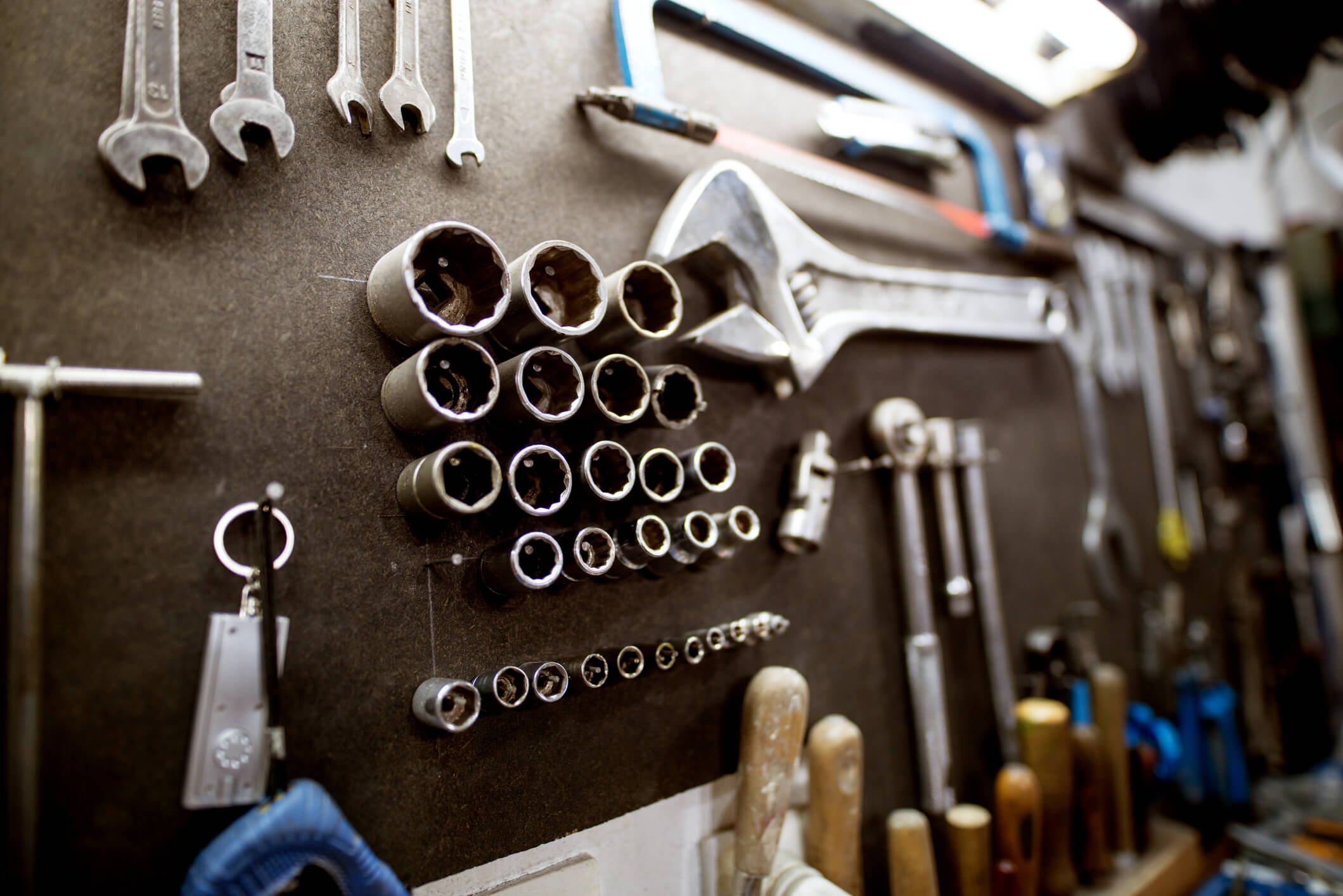Why Shop Cleanliness Is a Big Deal: Professional Habits for Auto Mechanic Students
Auto mechanics soon learn that keeping the workshop clean is as important as understanding engines during auto mechanic training. An organized workspace offers many advantages: it creates a safer environment and improves efficiency. In fact, industry experts say that “with the right organizational practices, you’ll not only create a safer working environment, but you can also enhance your productivity and provide better customer service”.
From day one in school, clean habits are emphasized. A clean shop goes a long way in making a good first impression on customers. In short, maintaining a tidy garage isn’t busywork; it’s part of becoming a skilled, professional mechanic.
Safety First in a Clean Shop
Safety is the top reason for cleanliness. A cluttered bay or oily floor is a slip hazard; indeed, OSHA regulations insist that shops “keep your floor clean and free of clutter” to prevent accidents.
In practice, auto mechanic training resources sum it up simply: “A clean shop is a safe shop”. By immediately wiping up spills, sweeping debris, and putting tools away, mechanics avoid trips, falls, and injuries.
Efficiency and Productivity
Clean, organized shops also run more smoothly. When tools and parts are in their proper places, technicians spend less time searching and more time fixing cars. One industry source explains: “By keeping tools organized, techs know exactly where to find the tool they need … This reduces wasted time searching for missing tools and increases productivity”.
Similarly, another guide points out that a well-ordered shop “can drive performance,” whereas a disorganized one “will wreak havoc on performance”.

Professionalism and Customer Trust
Beyond safety and speed, cleanliness projects professionalism. Customers, and even fellow mechanics, judge a shop by its appearance. A tidy, uncluttered bay signals that technicians care about details. As one training blog puts it, customers “appreciate a clean and organized shop and will reward you with their business”.
Conversely, a messy shop can erode trust before any work is done. First impressions count: if a student walks into an internship and sees a spotless, well-kept workshop, it sets a positive tone. After graduation, many apprentices find that part of their job is “organizing inventory areas or keeping floors cleared and clean” as part of maintaining a professional shop image.

In other words, prospective mechanics are expected to handle housekeeping duties. A neat appearance, even down to clean restrooms and waiting areas, shows respect for the customer and pride in workmanship.
Building Good Habits in Training
Auto mechanic schools like ATC Cambridge integrate these clean-shop practices into their training. Students in ATC’s Automotive Service Technician program don’t just learn engine repair; they also train in real shop environments that model professional habits.
In fact, the curriculum explicitly includes “Introduction to the Automotive Industry and Shop Safety” as a core course. This signals to students that learning about cleanliness and safety is as fundamental as learning to service brakes or tune engines.
Key Shop Cleanliness Habits
- Clean as you go.
- Organize Tools and Parts.
- Keep Floors Clear.
- Maintain Professional Spaces.
In summary, shop cleanliness is not a trivial rule; it’s a pillar of professional auto mechanic training. Safety, efficiency, and reputation all improve in a clean environment. Aspiring mechanics are taught early on that a neat workspace is part of the job.
By practicing these habits in school, students set themselves up for career success. A mechanic who leaves the workshop spotless demonstrates skill, discipline, and respect; qualities employers and customers value as much as the repairs themselves.
Do you want to become a mechanic?
Contact ATC Cambridge to learn more about our automotive courses.


